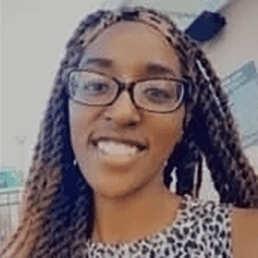
Has the day just ‘began’ or has it ‘begun’? How do you know the correct word to use? We’ll help you learn the correct usage for each and the subtle differences between the two words. You’ll learn that plus how to use both words correctly in a sentence.
Don’t feel like skimming? The short answer is:
Therefore, you wouldn’t use these terms interchangeably.
The difference between ‘began’ and ‘begun’ is that the former is the simple past conjugation version of the word ‘begin,’ while the latter is the past participle form of the word.
So, how do you know whether you’re choosing the right word? We’ll talk about how to use it in a sentence, but for now, let’s define both words to make it easier to choose.
Since both words come from the word ‘begin,’ we’ll define that.
The Merriam-Webster definition of the word is: “to do the first part of an action: go into the first part of a process: start,” “to come into existence: arise,” “to have a starting point,” and “to do or succeed in the least degree.”
It also means: “to set about the activity of: start,” “to bring into being: found,” and “originate, invent.”
Synonyms of the word include:
Now that we’ve defined the word ‘begin,’ let’s see how we’d use ‘begun’ correctly in a sentence.
Check out a few examples:
Now let’s see how to use ‘began’ in a sentence.
The past participle form of a word is similar to a verb (and derived from it). It’s used for several different purposes, including constructing verb tenses.
That’s the case here because ‘begun’ is the past participle form of ‘begin.’
Past participles can also be used as adjectives.
In most cases, the past participle is formed by adding ‘ed’ or ‘d’ to the end of the root form of the verb.
For example:
However, ‘begin’ is a special case, as you can see. Similar to the following words:
To get the simple past conjugation of a word, you’d add ‘ed’ if it’s a regular verb.
Since ‘begin’ is an irregular verb that doesn’t follow these rules, you wouldn’t follow these rules to get the simple past conjugation form of the word.
Instead, you’ll have to remember that this verb is irregular and memorize that ‘begin’ becomes ‘began.’
It can be tricky trying to remember which word to use. They’re so similar, and they stem from the same verb, but with the above information, you should be well-equipped to use both words in your everyday writing with no issue.
But nobody’s perfect. If you’re ever struggling with this or anything similar, pop back over and browse through our library of content on confusing words.
We encourage you to share this article on Twitter and Facebook. Just click those two links - you'll see why.
It's important to share the news to spread the truth. Most people won't.
